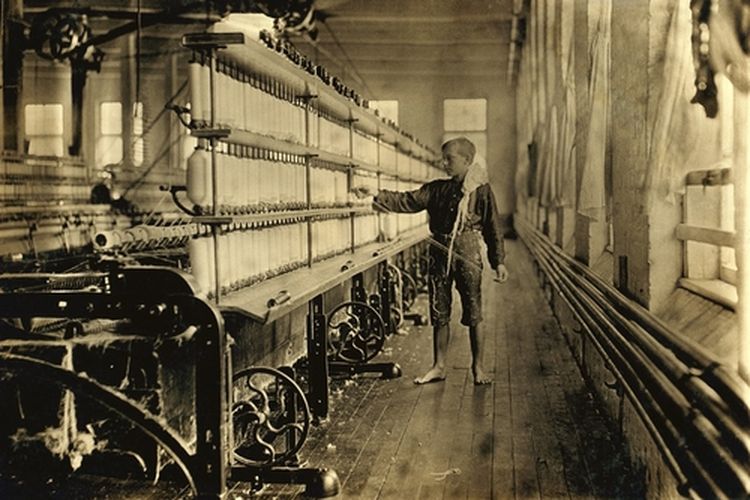
History of Industrial Technology Transformation in Indonesia – The history of industrial technology transformation in Indonesia reflects the country’s long journey towards economic development based on technological innovation and production. In the last few decades, Indonesia has experienced major changes in the industrial sector, driven by rapid technological developments. This transformation has shaped Indonesia’s industrial roadmap and affected people’s lives as a whole.

Initially
Indonesia was a country that depended on the agricultural and extractive sectors. However, since gaining independence in 1945, the Indonesian government has championed industrialization as one of the national development priorities. This transformation began with the formation of the Government Industrial Concession Agency (BPIP) in 1959, which aimed to improve the domestic industrial sector through technology development and technology transfer.
In the 1960s, the Indonesian government began implementing technology-based industrial development policies. The main focus at that time was the manufacturing sector, especially heavy industries such as steel, textiles and cement. The government established BUMN companies (State Owned Enterprises) which have an important role in accelerating industrial growth and introducing new technology.
In the 1970s, Indonesia entered a more comprehensive era of industrialization. The government launched various development programs, including the development of high technology-based industries. One successful example from this era is the development of the Jababeka Industrial Estate in Cikarang, West Java, which is the center of the electronics and manufacturing industries.
The development of information and communication technology in the 1980s had a significant impact on industrial transformation in Indonesia. The Internet began to enter Indonesia in the early 1990s, opening the door for the development of the information and communication technology industry. Private companies are starting to emerge and are involved in the development of innovative technology solutions.
The entry of the new millennium is marked by the accelerated transformation of industrial technology in Indonesia. The government launched an information technology infrastructure development program, including telecommunication development and internet deployment throughout the country. This encourages the birth of various technology startups in Indonesia, which contribute to the growth of the digital economy and the transformation of the industry as a whole.
In the recent era
Indonesia has become one of the largest technology markets in Southeast Asia. A number of global technology companies have invested their resources in Indonesia, and many local companies have successfully developed innovative products and services. The transformation of industrial technology has also had a significant impact on the manufacturing, transportation, energy, health and many other sectors.
However
there are still challenges that need to be faced in the history of industrial technology transformation in Indonesia. Some of these include the digital divide between urban and rural areas, limited access to technology for the poorest, and a shortage of skilled tech workers. The government continues to strive to address this challenge through more inclusive education and infrastructure development programs.
By looking at the historical journey of industrial technology transformation in Indonesia, it can be said that this country has succeeded in building a strong foundation for sustainable economic growth. In the coming decades, Indonesia is expected to continue to adapt to changing technological developments and optimize the potential of existing human resources. The transformation of industrial technology is the key to Indonesia’s progress and sustainability in an era of globalization that is increasingly digitally connected.


